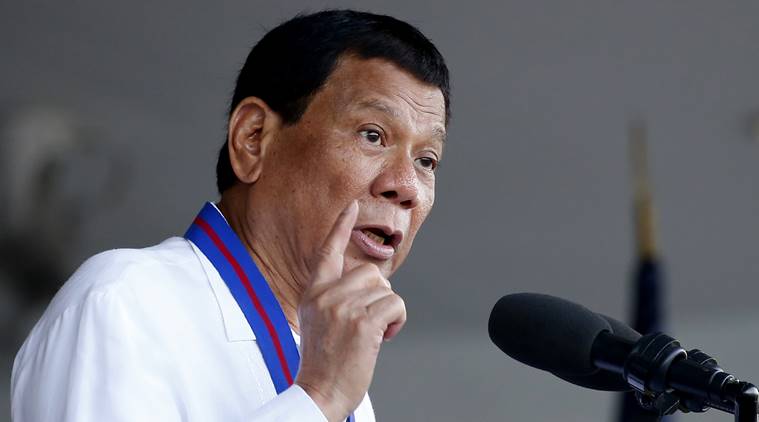- President Rodrigo Duterte orders probe, arrest of those behind killings of local officials
- Secretary Roque announced that the government has already conducted a dialogue with the Union of Local Authorities of the Philippines (ULAP) to address the issue
Malacañang on Thursday, July 5, said the President has ordered law enforcement agencies to investigate and arrest all those behind the recent killings of locally-elected officials in the country.
“Imbestigahan at hulihin ang mga pumapatay, ‘yan po ang malinaw na instruction ng Presidente,” Presidential Spokesperson Harry Roque Jr. said during a Palace press briefing.
“Importante na panindigan ng Estado ‘yung kanyang obligasyon na talagang bigyan ng katarungan ‘yung mga biktima. Dahil kung hindi, paulit-ulit po itong mga patayan na ito. Kinakailangang ibalik talaga ‘yung takot sa mga puso’t isipan ng mga pumapatay,” he added.

Secretary Roque announced that the government, through Department of Interior and Local Government (DILG) Officer-in-Charge Eduardo M. Año and Philippine National Police (PNP) Chief Director General Oscar Albayalde, has already conducted a dialogue with the Union of Local Authorities of the Philippines (ULAP) to address the issue.
“Nagpahayag po ng alarm at kabahala ang ULAP sa mga napapatay na mga lokal na opisyales,” the Palace Spokesperson noted.
For one, he said ULAP requested to have participation in the vetting process for the government’s “narco-list,” which reveals the names of officials allegedly linked to illegal drugs. According to Roque, the officials want to be notified whenever certain names are added or removed from the list.
“Ang gusto lang mangyari ng ULAP ay magkaroon sila ng partisipasyon doon sa vetting bago mailagay ang pangalan ng isang locally elected official. Dahil sabi nila, may mga political reasons din why some would want some names to appear,” he explained.
Sec. Roque said the DILG and the PNP would study ULAP’s request, although he noted that the agencies stood by the veracity of the existing narco-list upon citing notable improvements in the manner by which the Philippine Drug Enforcement Agency (PDEA) maintains it.
“They have now moved towards a central database for all narco-personalities. So apparently, all agencies now coordinate with PDEA because PDEA has the mandate under the law to implement the Dangerous Drugs Act. All intelligence information are now submitted to PDEA and it is incumbent upon PDEA now to verify these intelligence reports,” Roque stated.
‘Palace still open to peace talks with conditions’
Meanwhile, Malacañang stressed that President Rodrigo Roa Duterte remains open to conducting peace talks with the Communist Party of the Philippines-New People’s Army (CPP-NPA), provided that they accept the government’s conditions.
Secretary Roque said the conditions include conducting the peace talks in the Philippines and refraining from collecting revolutionary taxes. The CPP-NPA also has to agree to encamp its members while the talks are ongoing, with their needs provided for by government.
“Patuloy pa rin ang paghangad ng kapayapaan ng ating Presidente, pero hindi naman po pwede na sila pa ang magdidikta kung paano tayo makakarating sa kapayapaan,” Roque said, adding that the government is also considering holding localized peace talks as an alternative.
He said local government units (LGUs) have to await further instructions from the Cabinet Cluster on Security, which will finalize the guidelines for the localized peace talks. The Cluster is set to conduct a meeting on July 12.
‘Duterte signs National Feeding Program law’
During the same press briefing, Malacañang announced the signing into law of Republic Act No. 11037, otherwise known as the “Masustansyang Pagkain para sa Batang Pilipino Act.”
“I am pleased to announce that one of my pet bills in Congress has been signed into law. This is Republic Act No. 11037,” Secretary Roque said.
The measure aims to combat hunger and undernutrition among Filipino youths by institutionalizing a National Feeding Program for undernourished children in public day care, kindergarten, and elementary schools.
“It is really a sin that while in the past, the problem was how to spend the annual appropriations budget, there are around 6 million Filipino children who still suffer from acute malnutrition,” Roque noted.
He then called on the country’s local government units (LGUs) and Filipino parents to give their support for the success of the nationwide program.



